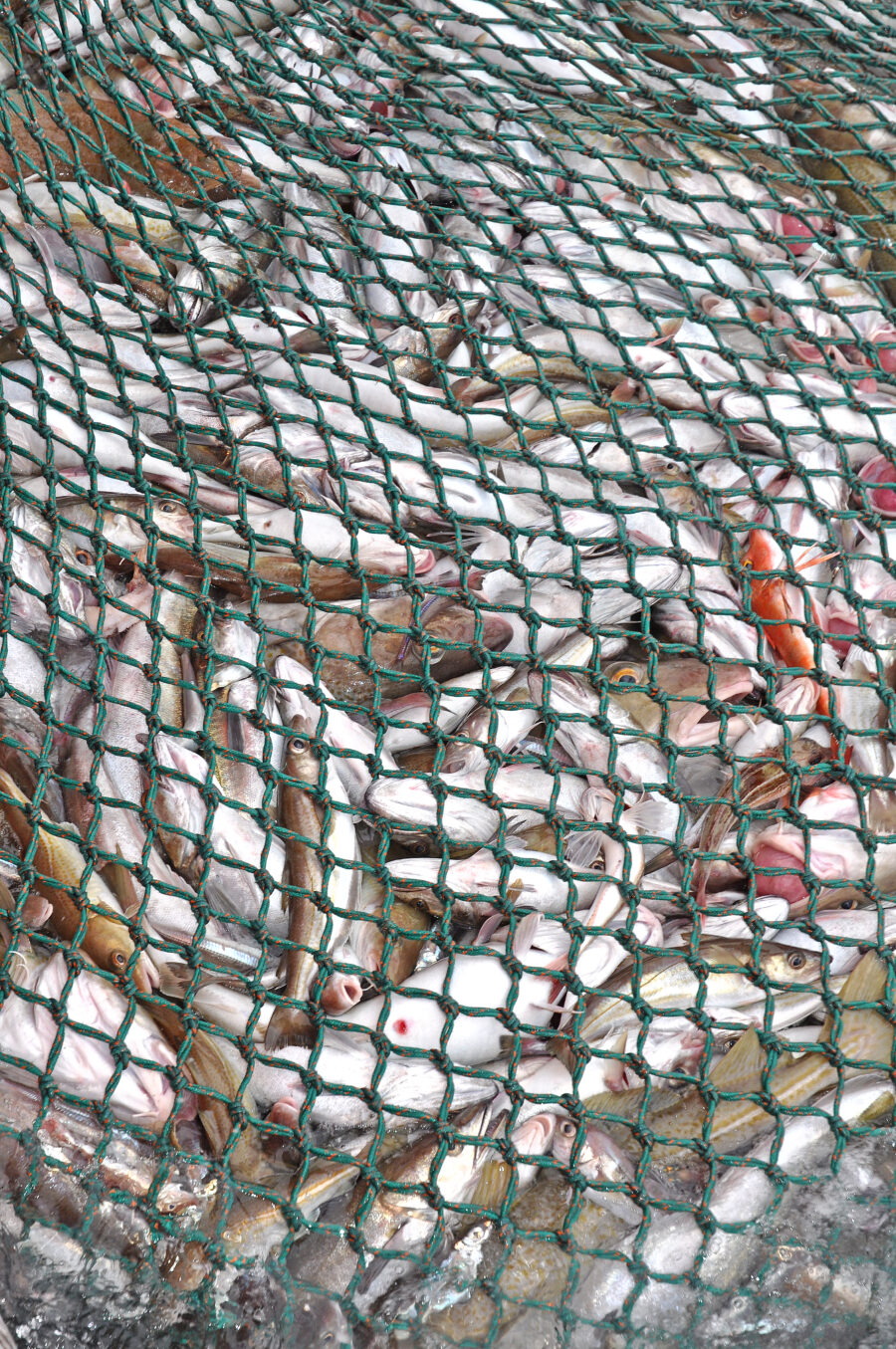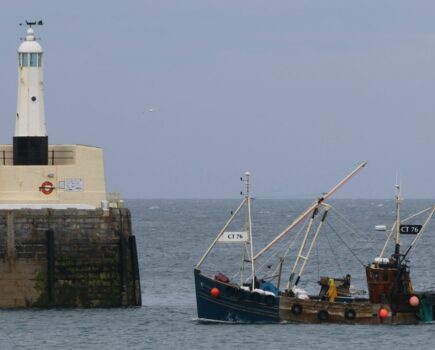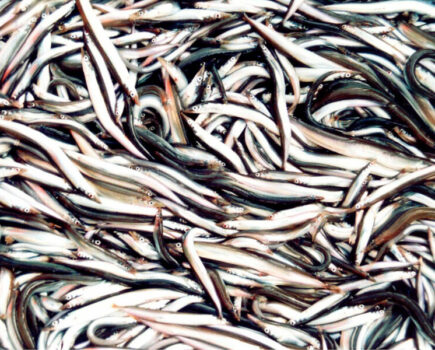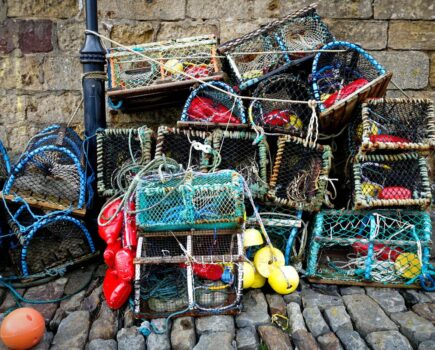The landing obligation/discards ban could represent ‘the biggest push for more selective fishing in the European Union in the history of the CFP’, according to a recent study, reports Tim Oliver.
But the study also says that probable weak implementation of the landing obligation will be likely to lead to the suspension of MSC certification, or failure to achieve certification in a number of fisheries, particularly in the demersal trawl sector. The study, which looks at the effects of the discards ban on MSC-certified fisheries, says many commercial stocks are discarded at moderate or high levels. Therefore, if the landing obligation is fully implemented through high levels of at-sea monitoring it will drive improvements in gear selectivity to reduce the catch of undesirable species and sizes. It is also likely that fishing operations will change to maximise the use of the space on board vessels and quota available for high-value species and sizes.
Also, if the discard ban is fully implemented, catch data quality will increase and stock assessment uncertainty will decrease. Harvest strategy and harvest control rules (HCR) will be more robust, and evidence of compliance will be available. These factors should all lead to an increased chance of MSC-certification.
However, the report’s authors have assumed there will be low levels of at-sea monitoring and weak implementation of the landing obligation. This is because the discard ban has no compulsory at-sea monitoring requirements and EU member states ‘have yet to commit to a significant increase in monitoring, control and surveillance programmes’.
The report says MSC certification has achieved ‘a high level of penetration’ in European fisheries. But non-compliance with the landing obligation ‘would introduce illegality into the supply chain, and could lead to fisheries gaining additional conditions of MSC certification, or even to the loss of the loss of MSC certification for some fisheries, and, with it, access to key markets’.
The aims of the study were:
● To determine where and how strongly the landing obligation interacts with the MSC standard
● To forecast the potential future performance of 25 MSC-certified EU fisheries to determine if weak implementation of the landing obligation could lead to suspension or recertification failure for existing MSC-certified fisheries
● To highlight where improvements to existing practices may be required to continue meeting the MSC standard.
The report stresses that the project has attempted to forecast what may happen with MSC-certified EU fisheries in 2019, when all TAC-regulated fisheries and stocks will be covered by the landing obligation, and assumes there will be weak implementation. But faster progress with implementing the discard ban and evidence of widespread compliance could make the results invalid.
Demersal trawl risks
The research suggests that the MSC certification of EU demersal trawl fisheries and EU fisheries with high discard rates is likely to be put at risk if there is weak implementation of the discards ban.
Demersal trawl fisheries are at the highest risk because:
● These fisheries usually have relatively high discard rates of species defined by the MSC as target, primary and secondary species that will not be allowed under the landing obligation.
● There are indications that ‘the landing obligation will not be monitored at sea at a significant level’. This is significant because MSC certification is evidencebased, and absent or low-quality catch data and absence of evidence of compliance will count against certification.
The report says there is some evidence of weak implementation in fisheries that are already subject to the discard ban. There are indications that ‘the catch profiles between observed and unobserved components of some fleets have been different; this suggests that discarding in contravention of the landing obligation is still occurring at some level’.
It continues: ‘Although landing obligation monitoring may have improved across the EU by 2019, when all relevant fisheries are scheduled to be subjected to the landing obligation, the experience to date indicates that this is unlikely to be achieved at significant levels.’
There is a ‘high risk’ that almost half (six out of 14) of the MSC-certified EU fisheries the project reviewed could have their certificates suspended, or fail to achieve recertification.
“Overall, the results of this project suggest that at-sea monitoring programmes will be important for the maintenance of MSC certification for many EU fisheries,’ concludes the report.
It adds that weak implementation of the landing obligation should not pose much risk to fisheries with low or negligible levels (lower than 10%) discards, even if a fishery is not monitored at significant levels.
The report reviewed 25 MSC-certified demersal trawl, demersal static gear and pelagic fisheries from the Baltic Sea, North Sea, North Western waters and South Western waters.
*Blyth-Skyrme, R & L Borges (2016). Assessing the implications of the Landing Obligation on MSC-certified fisheries in Europe. A report for Funding Fish, August 2016.
Read more from Fishing News here.








